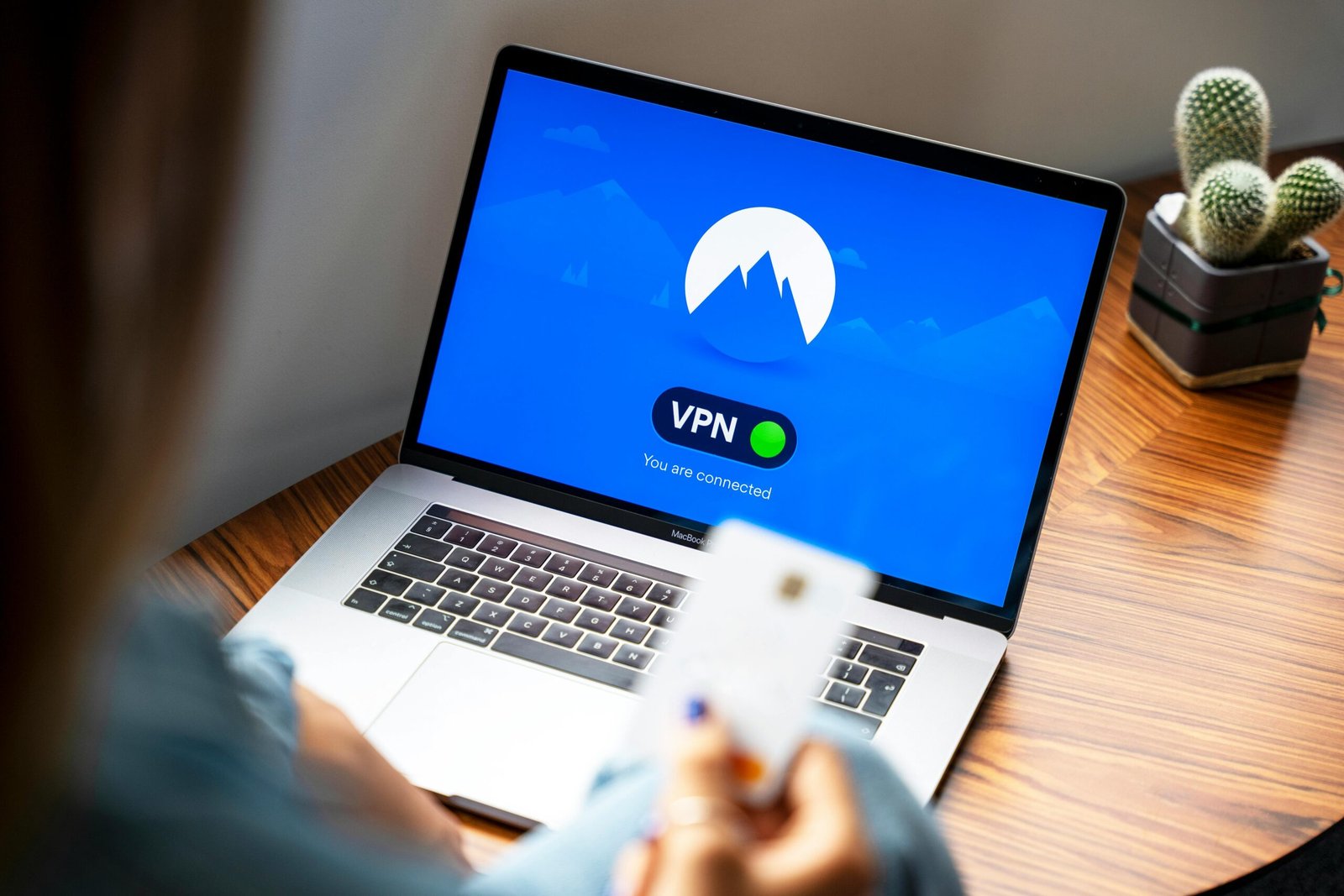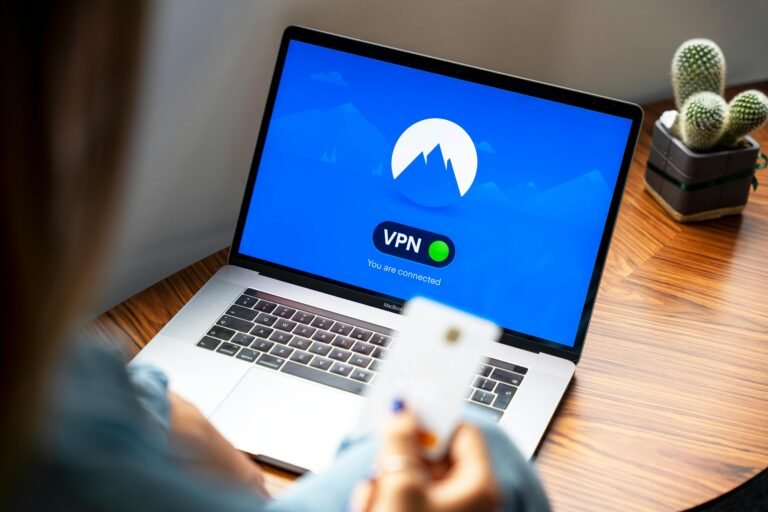In an era where cyber threats are more prevalent than ever, acquiring cybersecurity skills is crucial for protecting sensitive information and systems. Learning cybersecurity online offers flexibility, accessibility, and comprehensive training that can help you enter or advance in the cybersecurity field. This guide explores the benefits of online cybersecurity education, key areas of focus, and how to choose the best online resources for your learning journey.
Why Learn Cybersecurity Online?
- Flexibility and Convenience: Online cybersecurity courses allow you to learn at your own pace and on your own schedule. This flexibility is ideal for professionals who need to balance their education with work or personal commitments.
- Access to Diverse Resources: Online platforms provide access to a wide range of resources, including video lectures, interactive labs, and real-world simulations. This variety enhances your learning experience and helps you develop practical skills.
- Cost-Effective Learning: Many online cybersecurity courses are more affordable than traditional in-person programs. Additionally, online learning often eliminates the need for commuting and other associated costs.
- Up-to-Date Content: The dynamic nature of cybersecurity means that threats and technologies are constantly evolving. Online courses are frequently updated to reflect the latest industry trends and practices.
- Global Access: Online learning platforms provide access to courses from leading institutions and experts around the world. This global reach allows you to choose from a wide range of topics and specializations.
Core Areas of Online Cybersecurity Education
- Cybersecurity Fundamentals: Start with the basics of cybersecurity, including key concepts such as the CIA triad (Confidentiality, Integrity, Availability), threat types, and risk management. These fundamentals are crucial for understanding more advanced topics.
- Network Security: Explore network security essentials, such as firewalls, intrusion detection systems (IDS), and secure network configurations. Learning how to protect network infrastructures is vital for preventing unauthorized access and attacks.
- Ethical Hacking and Penetration Testing: Develop skills in ethical hacking and penetration testing to identify and address security vulnerabilities. Online courses often include hands-on labs to practice techniques for conducting vulnerability assessments.
- Cryptography and Data Protection: Study cryptographic techniques for securing data, including encryption algorithms and secure communication methods. Understanding data protection strategies helps ensure the confidentiality and integrity of sensitive information.
- Incident Response and Management: Learn how to effectively respond to and manage security incidents. Courses cover incident identification, analysis, and mitigation strategies to help you handle breaches and minimize impact.
- Compliance and Legal Issues: Explore the legal and regulatory aspects of cybersecurity, including data protection laws and compliance requirements. Understanding these issues is essential for developing and implementing effective security policies.
How to Choose the Best Online Cybersecurity Course
- Identify Your Goals: Determine what you want to achieve with online cybersecurity education. Are you looking to build foundational knowledge, specialize in a specific area, or prepare for certification exams? Choose a course that aligns with your goals.
- Research Course Providers: Look for reputable online learning platforms and institutions that offer cybersecurity courses. Consider options like Practical Ethical Hacking for a range of cybersecurity training programs and resources.
- Evaluate Course Content: Review the course syllabus to ensure it covers essential topics and provides practical, hands-on experience. Choose courses that offer interactive labs, real-world scenarios, and up-to-date content.
- Check Reviews and Ratings: Read reviews and ratings from previous students to assess the quality of the course. Positive feedback and high ratings can indicate a valuable learning experience.
- Consider Certification Preparation: If certification is a goal, select courses that prepare you for industry-recognized certifications such as CompTIA Security+, Certified Ethical Hacker (CEH), and Certified Information Systems Security Professional (CISSP). Ensure the course material aligns with certification objectives.
External Resources
- For detailed information on cybersecurity training and online courses, visit Practical Ethical Hacking.
- Explore certification details and preparation on the official CompTIA website and EC-Council website.
Conclusion
Learning cybersecurity online offers a flexible, cost-effective, and comprehensive way to gain essential skills and knowledge. By focusing on core areas such as network security, ethical hacking, and incident response, you can build a solid foundation for a successful career in cybersecurity. Choose reputable online courses, utilize top resources, and stay informed about industry trends to enhance your learning and career prospects.
Hot Topics in Cybersecurity include essential tools and certifications that every professional should be aware of. For instance, mastering Nmap is a must for effective network scanning and vulnerability assessment. If you’re preparing for certification, the CompTIA Security+ SY0-701 course is a must-take to ensure you’re well-equipped for the exam. To enhance your preparation, utilize the SY0-701 Free Practice Exam to test your readiness. Additionally, joining the Practical Ethical Hacking Membership Levels provides valuable resources and updates to stay current in the dynamic field of cybersecurity. For further learning, explore Cybersecurity and Practical Ethical Hacker Courses on YouTube. Engaging with these must-take courses and resources will significantly boost your skills and knowledge in this critical area.


